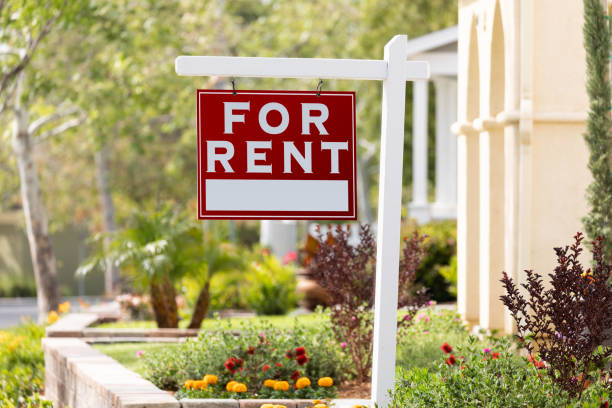Uncategorized
The Effects of Postponing Property Repairs: Potential Legal, Economic, and Tenant Issues
Property maintenance is an integral responsibility of landlords and managers. Ignoring essential repairs such as electrical hazards, plumbing leaks or structural defects could have serious repercussions for tenants, including safety hazards, legal liabilities, financial losses, and dissatisfaction. Therefore, proactive maintenance must be implemented as quickly as possible so as not to create more problems down…
Read MoreA Property Manager’s Guide to Avoiding and Resolving False Tenant Claims
Landlords should adopt proactive strategies to prevent false tenant claims, respond effectively to them, and comply with local rental laws. This helps protect investment and fosters positive landlord-tenant relations by ensuring clear communication, thorough documentation, and legal readiness from tenants. The Importance of Lease Agreements and Written Policies An effective lease agreement protects both parties…
Read MoreCommon Real Estate Depreciation Pitfalls: How Investors Can Optimize Tax Advantages
Depreciation offers significant tax benefits for real estate investors by recouping investment property costs over time. However, mistakes in depreciation calculations can lead to legal and financial issues, such as misclassifying properties or underestimating schedules. Understanding common depreciation mistakes can maximize tax benefits while adhering to IRS regulations. Failing to Depreciate at All Real estate…
Read MoreKey Factors Affecting Rental Prices: Property Features, Location, and Market Demand
Rent value is influenced by various factors, including property features, market trends, and economic conditions. Property owners must balance location, amenities, size, market demand, and economic climate when setting rent prices. This balance ensures competitive pricing and maximizes return on investment. Understanding these factors helps landlords and property management professionals make strategic decisions to attract…
Read MoreEasy Curb Appeal for Rental Properties: Cost-Effective Landscape Designs
At rental properties, creating beautiful outdoor areas is crucial. Unfortunately, maintaining lush and well-kept landscapes is time-consuming and costly. Low-maintenance landscaping provides property owners with a way to improve curb appeal while cutting upkeep expenses. A thoughtfully planned landscape design can enhance aesthetics as well as ensure the longevity of its future tenants’ residences. Selecting…
Read MoreSelecting Resilient Turf for Durable Appeal in Low-Maintenance Lawn Solutions for Rental Properties
Renters often neglect lawn maintenance, making it a challenging task. Choosing drought-resistant grass varieties can reduce maintenance and maintain long-term appeal and sustainability. A well-chosen lawn can enhance tenant satisfaction by providing a functional outdoor space that can withstand any environmental condition, promoting sustainability and enhancing tenant satisfaction. For properties with unpredictable weather and limited…
Read MoreSmart Landscaping Solutions for Rental Properties: Low Maintenance Hardscaping
Renters often struggle to create attractive outdoor spaces that don’t require excessive upkeep. Watering and mowing the grass to plant lots of different flowers in traditional lawns or landscapes can become time-consuming and costly. Hardscaping offers a low-maintenance solution to increase curb appeal while decreasing ongoing upkeep for landscapes. Hardscape materials provide great ways to…
Read MoreAdapting Rental Turnover Strategies for High and Low Demand Markets
Renting out properties effectively requires taking an approach tailored to each market. Landlords in high-demand markets should prioritize tenant screening and efficiency to reduce vacancies. In low-demand markets, they should use strategies emphasizing property appeal and competitive prices to attract renters. Understanding both scenarios will enable landlords to maintain occupancy rates and maximize profits regardless…
Read MoreMaximum Tax Deductions: A Landlord’s Guide to Legally Claiming Property Turnover Expenses
Landlords incur many expenses associated with managing rental properties. But tax laws provide them with opportunities to offset some of these costs through deductions, while still maximizing financial gains by understanding which expenses qualify and documenting them properly. Furthermore, an effective property turnover deduction strategy helps landlords maintain profits amid an increasingly competitive rental market.…
Read MoreSubscription-Based Rent Models: A New Approach to Flexible Leasing
Renting is shifting from traditional fixed payment schedules and lease terms to subscription-based models, catering to modern renters’ needs for flexibility and convenience. These monthly subscription plans offer furnished units, bundle utilities, and flexible lease terms, potentially attracting new renters. However, property managers must weigh the benefits against risks before deciding if this is a…
Read More









